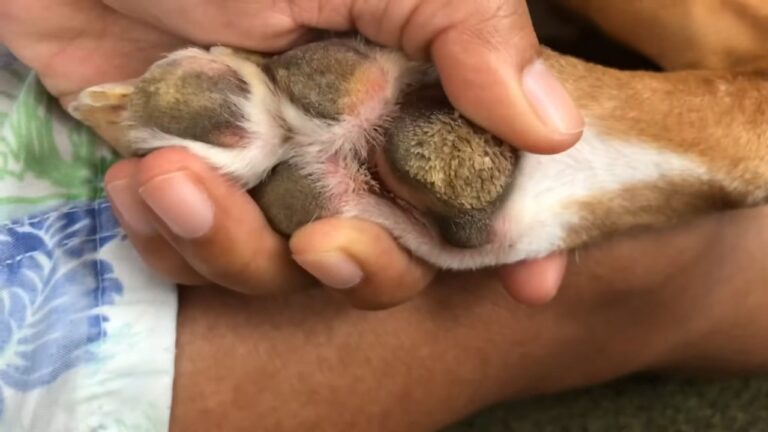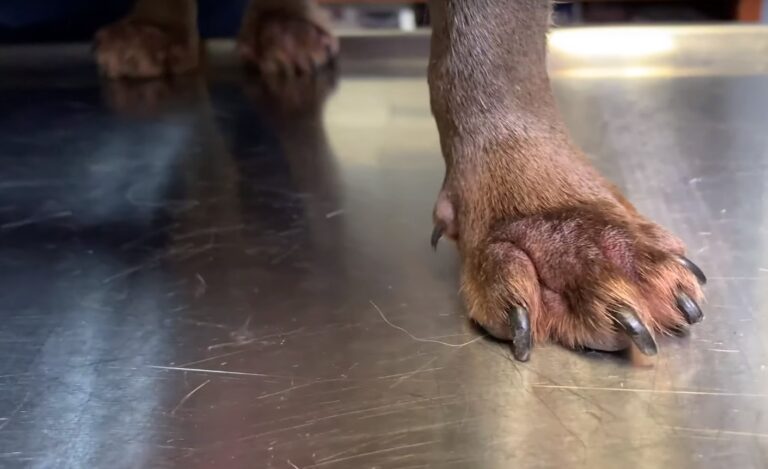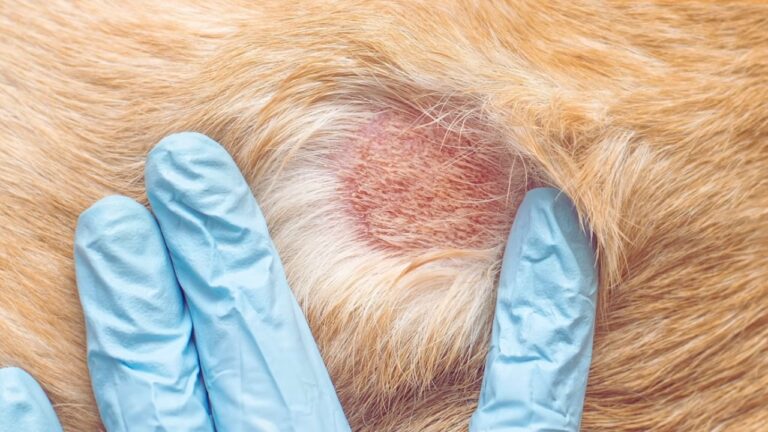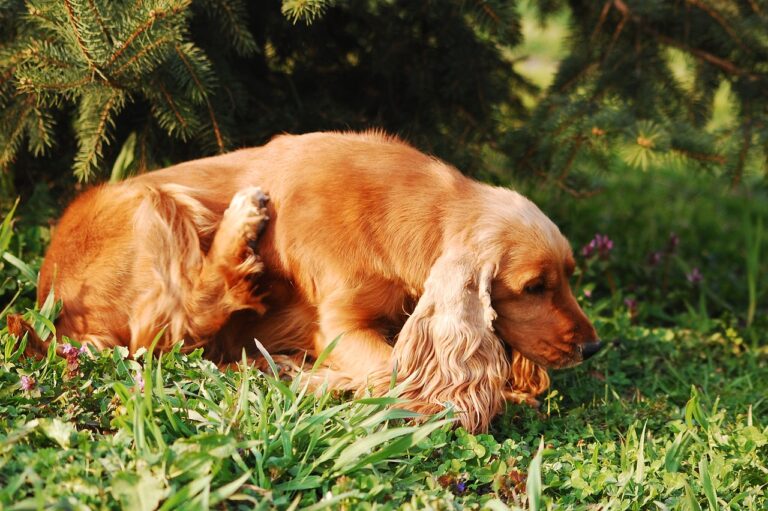It seems like no matter what you’re doing, your pup always finds a way to shove their nose or tongue in your ears. It’s not just a random thing they do either – there are actually some smart reasons why dogs pay extra attention to our ears.
In this article, I’ll explain a few of the clever purposes behind why dogs seem so interested in our ears.
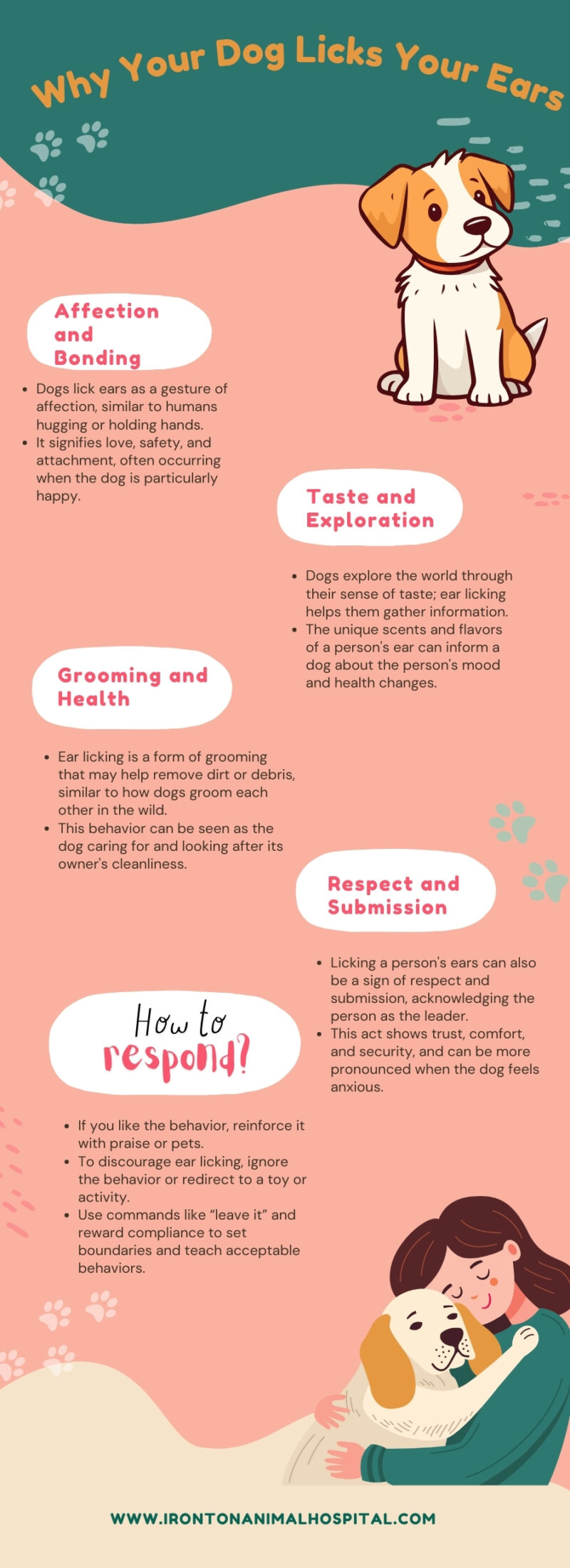
1. Affection and Bonding
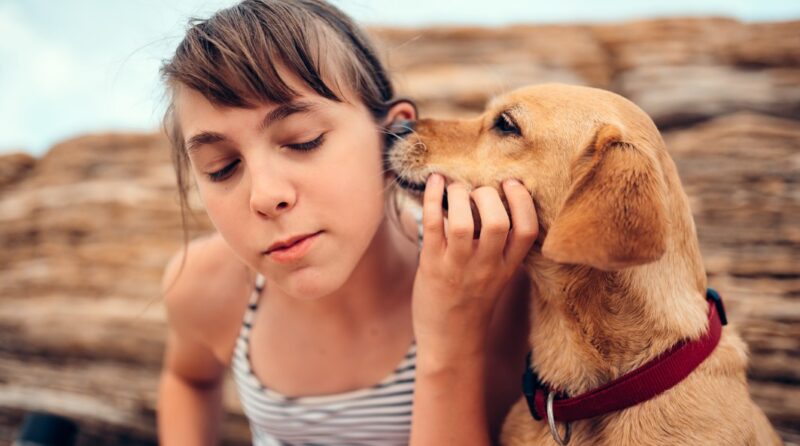
So one reason your pup might be giving those ears some extra love is to show their affection. Licking is one of the main ways dogs communicate care and form bonds. Just like how we humans will hug or hold hands with people we like, dogs use their tongues to show admiration and acceptance.
When your dog gives your ears a few swipes of their tongue, it’s their way of saying “I love you!” in dog language. It’s a sign they feel safe and attached to you. Pay attention next time – you may notice they do it more when they’re feeling especially happy to see you.
2. Taste and Exploration
Their incredible sense of taste plays a big role in how they experience the world around them. Your ears, with their distinct flavors like the saltiness of sweat or the taste of earwax, can be downright fascinating for your dog to check out.
Ear licking is one way dogs satisfy that natural curiosity. By giving your ears a few tentative licks, they’re gathering all sorts of info through taste. Your unique scent and flavor tells them things like your mood, any changes in your health, and more.
3. Grooming and Health

In the wild, pack animals rely on each other to keep clean and healthy through shared grooming sessions. Your pup may give your ears some loving licks as their way of looking out for you – helping remove any dirt or debris you can’t quite reach yourself.
It’s like they’re returning the favor for all the times you’ve given them a bath.
4. Respect and Submission
In doggy language, giving your ears a few swipes of their tongue is a way for them to acknowledge you as the respected leader of their pack.
When your pup tenderly grooms your ears, it shows feelings of comfort, security, and trust in you to keep them safe. Submissively licking is how they communicate that they feel protected under your care. You’ve probably noticed they tend to do it more when feeling a bit anxious too – it calms and reassures them.
How to Respond?
If you enjoy the affectionate attention, you can reinforce the behavior positively by giving them praise or pets in return. Dogs love feedback! However, if you’d rather the ear licks stop, it’s important not to give them any attention – positive or negative – when they do it. This can still reward the behavior.
Instead, gently redirect them to an approved toy or activity when their nose starts inching towards your ears. Over time they’ll learn other options are more rewarding.
Setting clear boundaries is also key. Commands like “leave it” followed by a treat for obeying can teach your dog when certain behaviors are okay. Be consistent, and they’ll soon understand the limits. Have patience – changing habits takes time, but with positive training, your furry friend will learn.
Final Words
Knowing the various meanings behind why your dog engages in ear licking allows you to better understand their complex emotions and further strengthen the bond you share together. It provides insight into how they try to convey feelings of love, and anxiety, and even notice changes that could impact well-being.
Related Posts:
- What to Do When Your Dog Likes Laying on You?
- Gabapentin Dosage for Dogs - A Vet Reviewed Cheat…
- How to House Train an Adult Dog: Step-by-Step Guide 2024
- At Home Care for a Dog Eye Stye: When Your Dog Winks
- 5 Top Reasons for that Bump on Your Dog's Tongue
- Are Acorns Poisonous to Dogs? - Signs of a Medical Emergency

